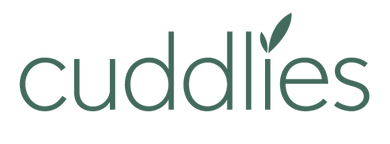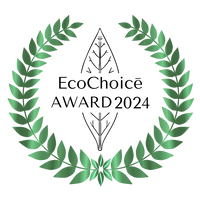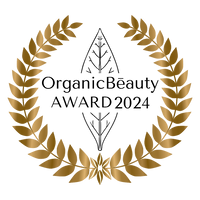Baby Milestones: What to Expect in the First Year
Baby's first year is packed with developmental milestones. Here are some common ones to watch out for and how you can support them learn and grow.
1. Physical development: Holding their head up, rolling over, sitting up, crawling, and eventually standing and walking.
- By 2-3 months, most babies can lift their head when lying on their tummy.
- Around 6 months, they start sitting without support and may begin to crawl.
- At 9-10 months, some babies may start pulling themselves up to stand.
- By 12 months, many babies can stand and even take their first steps.
2. Fine motor skills: Grasping objects, bringing hands together, and eventually picking up small objects using their thumb and fingers (pincer grasp).
- During the first few months, babies develop their reflexes, like grasping and rooting.
- Around 6-7 months, they start exploring objects by reaching and grabbing.
- At 9-10 months, they might start using the pincer grasp to pick up small items.
- By 12 months, many babies can self-feed using their fingers.
3. Social and emotional development: Smiling, making eye contact, responding to familiar faces, and showing signs of attachment to caregivers.
- At 2-3 months, babies begin to smile in response to interactions.
- Around 6-9 months, they might display separation anxiety when apart from their primary caregivers.
- By 12 months, they may show signs of attachment and enjoy playing interactive games.
4. Communication: Cooing, babbling, responding to sounds, and eventually saying their first words.
- In the first few months, babies coo and babble, experimenting with different sounds.
- Around 6-9 months, they might start saying simple words like "mama" or "dada."
- By 12 months, some babies can say a few words and understand simple phrases.
5. Cognitive development: Exploring objects, recognising familiar faces and objects, and understanding simple cause-and-effect relationships.
- In the early months, babies start to recognise faces and objects.
- Around 6 months, they might develop object permanence, understanding that objects exist even if they can't see them.
- At 9-10 months, they may begin imitating gestures and sounds.
- By 12 months, some babies can follow simple instructions.
6. Feeding milestones: Transitioning from breastmilk or formula to solid foods and learning to self-feed.
- At 4 to 6 months, baby will be ready for solids.
- If the baby is ready to sit up in a high chair, around the 6 month mark, they can be introduced to a sippy cup to help wean off the bottle.
It is important to remember every baby develops at their own pace, so these milestones are general guidelines. Some will do things faster or slower than others. Enjoy this special time as you watch your little one grow and learn!
















Leave a comment